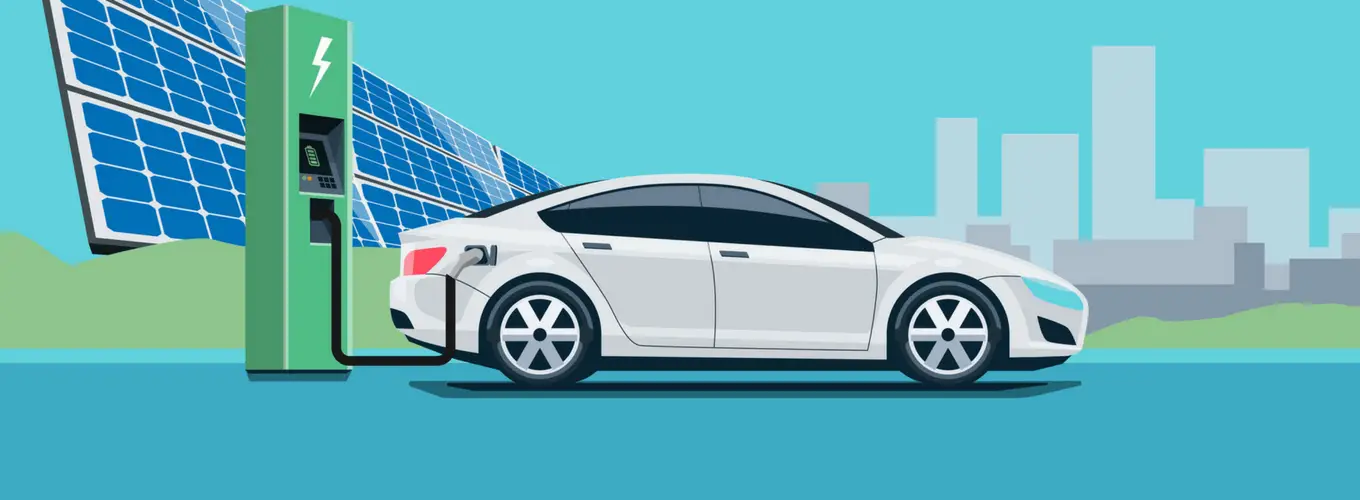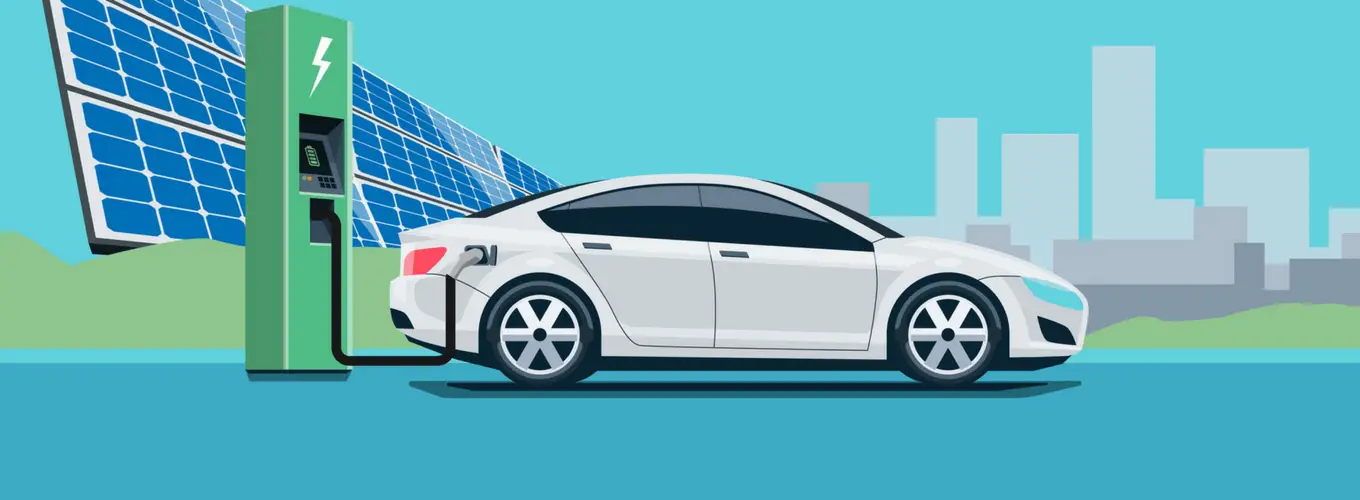Kenya power has the capacity to charge electric cars.
Kenya Power says it can supply the electricity needed to charge electric vehicles and motorcycles during off-peak hours, noting that the emerging clean transport industry is an opportunity to grow sales.


Kenya Power says it can supply the electricity needed to charge electric vehicles and motorcycles during off-peak hours, noting that the emerging clean transport industry is an opportunity to grow sales. However, a challenge of power outages across the country and unavailability of power in some places. With regards to the challenges, the distributor has come up with plans to cushion this.
The company plans to supply power to charging stations for electric vehicles in parking lots, key roads, and shopping malls in major towns, being developed by private investors.
“To support the growth of electrified motorization in the country, Kenya Power has established a liaison office which will act as our one-stop-shop to champion the Company’s e-mobility business. Through this office, we will work with other stakeholders to support the development of the e-mobility eco-system, which will include the identification of sites for potential charging stations, as well as requisite geo-mapping software to enable users to locate the nearest charging station,” said Oduor during the flag-off of BasiGo, Kenya’s first public service vehicle EV transport firm.
Kenya presently has an installed capacity of 2,991 megawatts (MW) and an off-peak load of 1,200 MW. Therefore there is enough power to support the entire e-mobility eco-system, including powering charging stations for domestic and business use.
She added that Kenya Power can supply electricity to charge 50,000 buses and two million motorcycles during off-peak hours. This is based on the company’s estimates that an electric minibus operating within Nairobi covers approximately 200km daily and consumes an average of 120 kilowatt-hours (kWh) for Sh2,400.
Ms. Oduor said 1,000 minibusses, operating within the city, would therefore consume approximately 120 MWh per day. The company said it has created a liaison office that will act as a one-stop shop to champion its e-mobility business.
Power will work with other stakeholders to support the development of the e-mobility ecosystem. The collaborations will include the identification of sites for potential charging stations, as well as requisite geo-mapping software to enable users to locate the nearest charging station.
The firm has since bounced back to profitability Kenya Power with a net profit to Kshs. 3.8 billion for the half-year period ending December 31, 2021, which is attributed to an increase in electricity sales as well as lower operational expenses during the period under review.
The firm said electricity sales rose 8.7% as it sold 4,562-gigawatt-hours during the half-year period of 2021 compared to 366-gigawatt hours sold in the previous year. The increase is mainly attributable to growth in unit sales by 400 GWh from 8,171 GWh the previous year to 8,571 GWh.
Consumption by the new customers contributed an additional 122 GWh to electricity sales, translating to Sh2.6 billion in revenues. The revenues from the new customers comprised 37 percent from commercial and industrial customers, 34 percent from ordinary lifeline customers,16 percent from ordinary customers (consuming more than 100 monthly units), 11 percent from small commercial customers, and two percent from street-lighting.
References
i) Kevin Rotich (2022) Kenya Power has capacity to charge electric cars, says CEO




